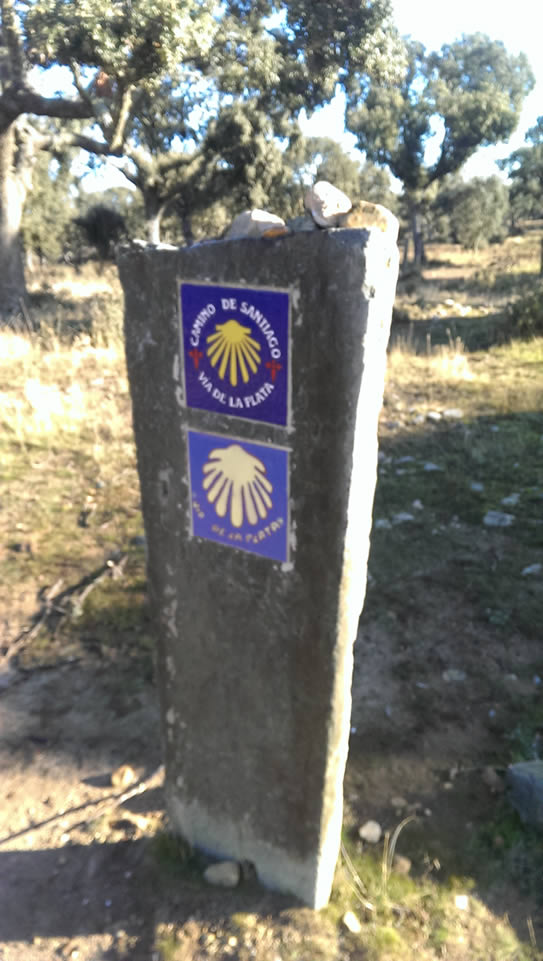What will the Synod discuss?
I have already mentioned that delegates will engage in a process of listening and discerning with many others over the coming year, asking what topics should the Synod address. We don’t live in a vacuum so what we discuss at the Synod and also on the journey towards the Synod will need to take account of the major issues that are focussing the mind of the Church around the world at this time especially the topics of family; young people and social issues.
I don’t want to set pre-determined outcomes for what we’ll discuss at the Synod. I like to think of it as a two-sided coin. On the one side, there’s the aspect of story-telling. We will need to share with one another the difference the Gospel and our Catholic faith have made and are making in our lives. It is good to listen to each other’s story and recognise that God is still working among us.
 It is impressive to read in the Acts of the Apostles how often the apostles updated the community on the new missionary experiences and developments they had experienced. I know there are many positive faith experiences in Limerick. But we also need to hear and share our stories. Recently, during the annual pilgrimage to Lourdes, I was very impressed by the 100 young adults who were with us. One of them commented how the experience “has opened my eyes about my understanding of Christianity and it has extremely strengthened the faith I have in God.” And another said, “I realised that to be loved and to love others leads to happiness”. There are many young people in our Diocese who also have their story to tell.
It is impressive to read in the Acts of the Apostles how often the apostles updated the community on the new missionary experiences and developments they had experienced. I know there are many positive faith experiences in Limerick. But we also need to hear and share our stories. Recently, during the annual pilgrimage to Lourdes, I was very impressed by the 100 young adults who were with us. One of them commented how the experience “has opened my eyes about my understanding of Christianity and it has extremely strengthened the faith I have in God.” And another said, “I realised that to be loved and to love others leads to happiness”. There are many young people in our Diocese who also have their story to tell.
I invite all parishes, religious orders, movements and groups, agencies and institutions of the Diocese to take this time of preparation for the Synod to recognise how God is at work in their story and share that story. Let’s use all the media possibilities available to us to share our good news.
The Church as a whole has its Good News in the form of Jesus’ teachings. The Synod is also a time to deepen our understanding of the Gospel and of our Catholic faith, learning more about it and for that we’ll be dedicating much time to catechesis in the coming year. It is important to know the contents of faith.
The other side of the coin, however, is the range of challenges and problems, failings and difficulties we are facing. In the story of the two disciples on the road to Emmaus (a favourite episode to which Pope Francis often refers) Jesus asks them: “what are you discussing with each other while you walk along?’”. They share their bad news with him! It is good and healthy to name problems. If we run away from shadows we discover they keep following us and even appear to be getting bigger. It is better to turn around and face them.
During his trip to Brazil last year, Pope Francis took up the image of the disciples on the road to Emmaus. They had left Jerusalem where Jesus had died and were walking away. Pope Francis reminded us that many people today have walked away from the Church:
Here we have to face the difficult mystery of those people who leave the Church, who, under the illusion of alternative ideas, now think that the Church – their Jerusalem – can no longer offer them anything meaningful and important. So they set off on the road alone, with their disappointment. Perhaps the Church appeared too weak, perhaps too distant from their needs, perhaps too poor to respond to their concerns, perhaps too cold, perhaps too caught up with itself, perhaps a prisoner of its own rigid formulas.
 It is a fact that nowadays an increasing number of people are like the two disciples of Emmaus. Pope Francis recognises it can often seem to them that the Church is a relic of the past, something needed when you are a child but then to be discarded when you get older. And yet people have a sense of mystery, a desire for spirituality. They are searching for a word of meaning. On the day of my ordination as bishop, I referred to a song by Bono some years ago. Its words ran something like this: ‘I have climbed highest mountains, I have run through the fields, only to be with you, only to be with you. I have run, I have crawled, I have scaled these city walls, these city walls, only to be with you. But I still haven’t found what I’m looking for.’ As I said that day, I don’t know what Bono had in mind but these words can be applied to the situation many find themselves in with regard to faith. Moments of difficulty and searching are written into the Christian journey of faith.
It is a fact that nowadays an increasing number of people are like the two disciples of Emmaus. Pope Francis recognises it can often seem to them that the Church is a relic of the past, something needed when you are a child but then to be discarded when you get older. And yet people have a sense of mystery, a desire for spirituality. They are searching for a word of meaning. On the day of my ordination as bishop, I referred to a song by Bono some years ago. Its words ran something like this: ‘I have climbed highest mountains, I have run through the fields, only to be with you, only to be with you. I have run, I have crawled, I have scaled these city walls, these city walls, only to be with you. But I still haven’t found what I’m looking for.’ As I said that day, I don’t know what Bono had in mind but these words can be applied to the situation many find themselves in with regard to faith. Moments of difficulty and searching are written into the Christian journey of faith.
Faced with this situation, Pope Francis invites us to connect with those who have gone away or who feel doubt in the area of faith. As he puts it, we need to be,
a Church unafraid of going forth into their night. We need a Church capable of meeting them on their way. We need a Church capable of entering into their conversation. We need a Church able to dialogue with those disciples who, having left Jerusalem behind, are wandering aimlessly, alone, with their own disappointment, disillusioned by a Christianity now considered barren, fruitless soil, incapable of generating meaning.
The Synod will need to provide forums where people can discuss the dark issues and the practical problems, their disappointments and their inner search. We need to name why ‘mission’ is not fully alive among us. I would like to see people of all ages involved in this.
But it is not enough to name problems. We will need to discern together what is the Holy Spirit suggesting to us today. And we need to have confidence that the Spirit is with us! Difficulties are never the last word in the Christian vocabulary. Let’s listen again to Pope Francis,
We do well to keep in mind the early Christians and our many brothers and sisters throughout history who were filled with joy, unflagging courage and zeal in proclaiming the Gospel. Some people nowadays console themselves by saying that things are not as easy as they used to be, yet we know that the Roman empire was not conducive to the Gospel message, the struggle for justice, or the defence of human dignity... Let us not say, then, that things are harder today; they are simply different. But let us learn also from the saints who have gone before us, who confronted the difficulties of their own day.
